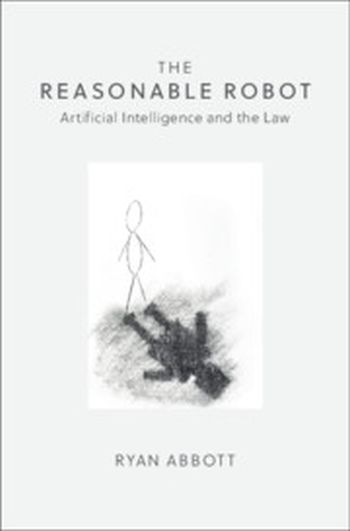
Today, AI and people do not compete on a level playing field. From a safety perspective, AI may be the best choice for driving a vehicle, but laws often prohibit driverless vehicles. At the same time, a person may be better at packing boxes at a warehouse, but a business may automate because AI receives preferential tax treatment. Or, AI may be better at helping businesses to innovate, but these same businesses may not want to use AI if doing so restricts future intellectual property rights.
In The Reasonable Robot, Ryan Abbott argues that the law should not discriminate between people and AI when they are performing the same tasks, a legal standard that will help to eliminate market distortions and to ensure that decisions are made on the basis of efficiency.
This work should be read by anyone interested in the rapidly evolving relationship between AI and the law.